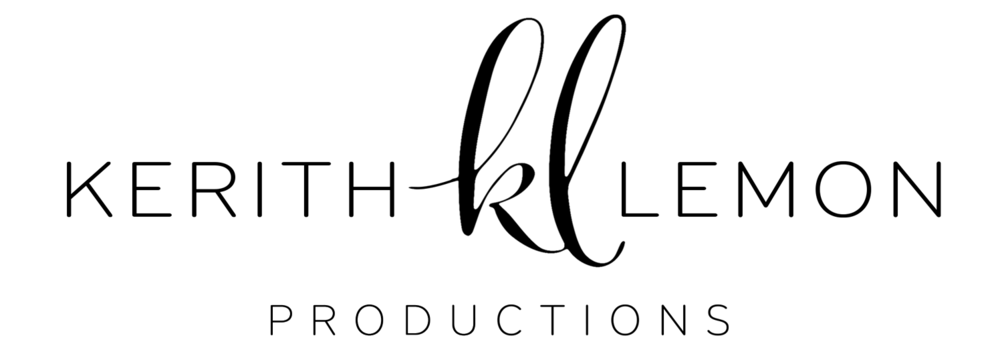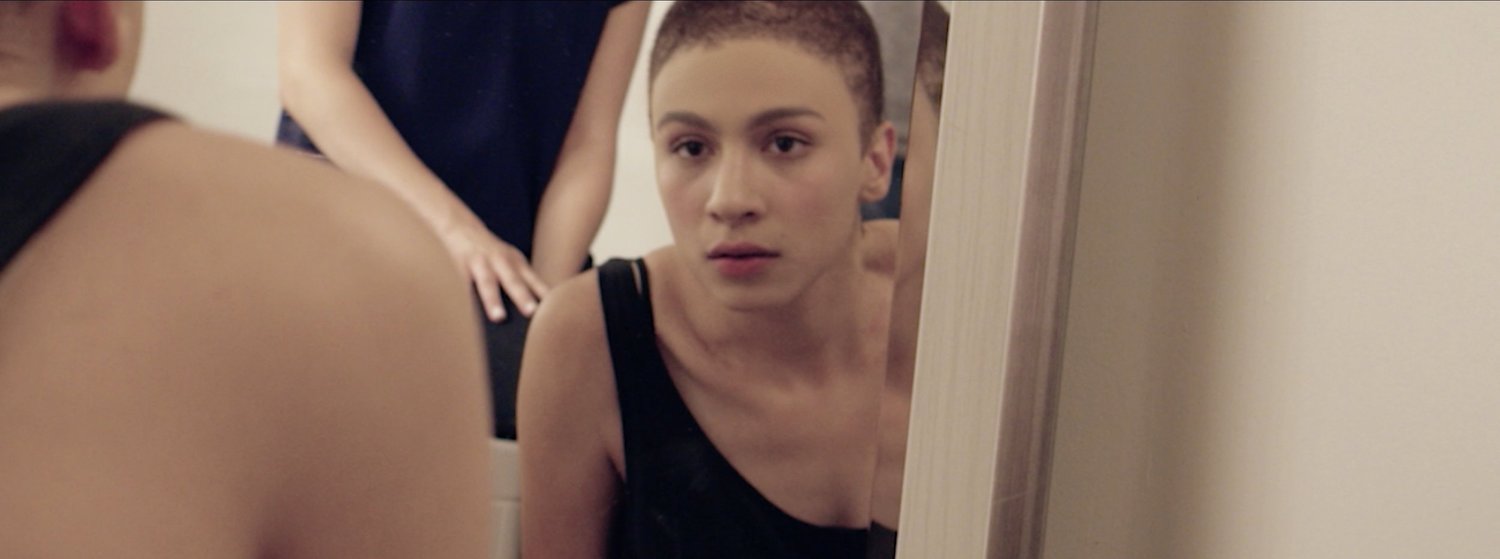BARE: A Short Film, Inspired By A True Story
LONGLINE: The defiant act of shaving her head helps 25-year-old Ellie find hope in the face of a recent breast cancer diagnosis.
SYNOPSIS: Diagnosed at the age of 25, Ellie is shocked by the news. The thought of cancer had never crossed her mind; it was something you worry about when you’re “older.”
With chemotherapy slated to begin the next day, she stands in front of the mirror wondering if she has the strength to face what’s next. Her mind wandering between the last time she felt beautiful, to the obsession with losing her hair, and to that first moment in the doctor’s office when she receives her diagnosis.
Then, when her three childhood friends arrive at the bathroom door, Ellie is brought back to reality. With the women who know her best, she's able to bravely speak her truth, leaving her vulnerable and bare, but not broken
CAST:
Ellie: Aurora Perrineau
Taylor: B.K. Cannon
Michelle: Melissa Cordero
Alyssa: Leah Henoch
CREW:Director: Kerith Lemon
Writers: Rebecca Hall & Kerith Lemon
Cinematographer: Drew Gaynor
Producer: Angela Palmieri
DIRECTORS STATEMENT:
“Who will I be without my hair, without my breasts.”
The first time I read those lines in Rebecca Hall’s short story I knew I needed to make this film. I was swept away by the truthfulness of a 25 year old going through this the breast cancer experience, one that is mostly portrayed in mainstream media as an older woman’s disease. I immediately felt the depth of the emotional journey that had to be traveled for someone so young and I knew that we had to share this with the world.
For outsiders, those of us that haven’t had to deal with a possibly terminal health crisis, it’s hard to imagine what that might be like. That at 25 you probably haven’t yet experienced deep love, haven’t yet decided if you for sure wanted to have a family, and probably aren’t even one hundred percent sure of who you want to be when you grow up. And there, in a moment, all of those thoughts that at that age consume you daily, have to be put aside to think about if you’re even going to live long enough to experience those future joys.
It’s easy to see then how one can get wrapped up in the seemingly superficial concern about losing your hair and breasts. As a society we place such importance on outward identity, as women we’re taught at a young age that we are our hair and breasts. That is what makes us female and faced with the idea of losing both, it calls our identity at it’s core into question. I wanted to open that up to discussion, not just for the cancer community but to the female community as a whole, to one day get beyond physical and into emotional identity.
'bare' exposes an emotional journey one that most of us may never take on our own. As someone that has now supported more friends through breast cancer than I care to admit, I feel like we need to be even more empathetic to those who are summoning the strength to live. That the journey is filled with ups and downs and that our job as friends is to be there, to show up no matter what. And always keep in mind. It’s never JUST about the hair.
–Kerith Lemon
WRITERS STATEMENT:
I was 25 when I was first diagnosed with breast cancer. I was single and in graduate school, I didn't have kids—I was just getting ready to live my life. I was filled with fear, and I couldn't stay positive all the time. Shaving my head helped me process my emotions, and accept that I was sick. This acceptance gave me the strength to fight. ‘Bare’ is my attempt to share an honest slice of my experience with a wider audience. I hope that telling my story empowers others, and demonstrates the important role friends play in this process. My best friend’s mere presence and their willingness to listen, even if they didn't know what to say—or sometimes said the wrong thing—meant the world to me as I faced my life-altering diagnosis.
‘bare’ is also meant to inspire support for research, particularly for Stage 4 metastatic breast cancer, so that we can improve and extend the lives of metastatic breast cancer patients and work towards reducing occurrences of the disease across the board, particularly in relatively young women.
Watch, share, and bare—stay breast aware and get regular-exams.
—Becky Hall
GALLERY







